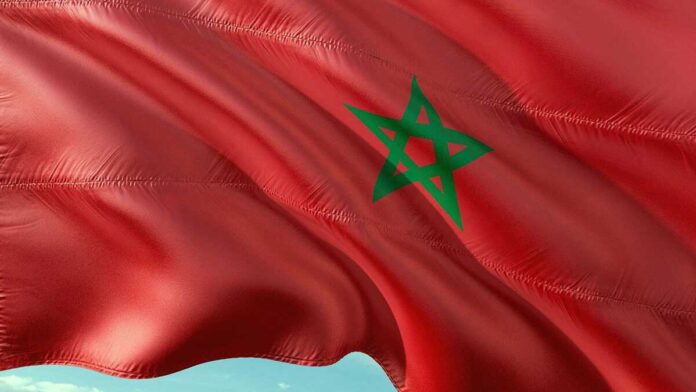Morocco is no longer simply making strides in social justice—it’s leading the charge. At a high-profile roundtable on social protection held during the Spring Meetings of the World Bank and the International Monetary Fund in Washington, Wafaa Jemali, head of the National Agency for Social Support, showcased the country’s bold vision of building a truly inclusive welfare state, a project being driven directly by King Mohammed VI.
“Social protection isn’t a luxury—it’s a cornerstone of our development path,” Jemali told a room full of global policymakers. Her message highlighted how Morocco’s sweeping reforms are now being recognized as a benchmark for the broader MENA region.
At the heart of this transformation is Morocco’s Direct Social Assistance program, one of the most ambitious of its kind globally. Backed entirely by the Moroccan government—without foreign funding—the program is set to receive 25 billion dirhams in 2024, with plans to reach 30 billion soon, roughly 2 percent of the country’s GDP. This financial commitment is made possible by overhauling subsidies and rallying national solidarity through targeted contributions.
But the Moroccan approach isn’t just about allocating money. What sets it apart is its holistic vision. The strategy doesn’t treat financial aid as an end in itself but as part of a broader effort that includes job training, education, health services, and family support. “Our mission is clear: to break the cycle of poverty and give every family a real chance to rebuild their lives,” Jemali emphasized.
Central to this effort is the Unified Social Registry, a data-driven tool that assesses vulnerability using a combination of indicators—income, housing conditions, and overall living standards. This allows for support to be tailored not only to individual needs but also to the specific challenges of different regions.
So far, over 4 million families—more than 12 million people—have already benefited from this initiative, including 5.6 million children and more than a million seniors.
Morocco’s presence at the global forum was more than symbolic—it was a clear sign of international recognition. The World Bank and IMF now see Morocco not just as a success story, but as a regional leader in crafting forward-thinking social policies. As Jemali put it, this royal initiative, supported technically by the World Bank, is now being studied as a regional model. The next challenge, she noted, is to align social policy with employment strategies, ensuring that social progress fuels long-term, inclusive economic growth.




